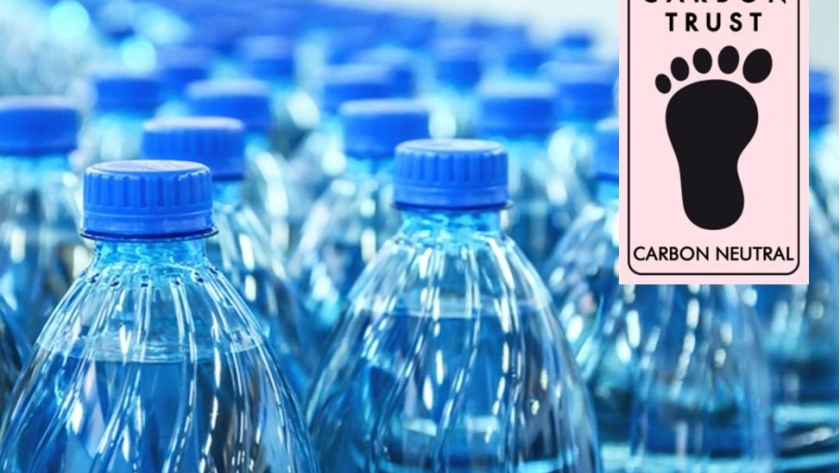
By Agroempresario.com
A US judge has reversed his earlier ruling in the class action lawsuit against Danone, concerning the "carbon neutral" claims on Evian bottled water. This decision dismisses allegations that the term misleads reasonable consumers into thinking the product is fully sustainable, from production to transportation, without leaving a carbon footprint.
The case, which has attracted attention from regulatory affairs experts due to increasing scrutiny on carbon neutral claims, centers around the certification by The Carbon Trust, a respected third-party organization. Initially, plaintiffs argued that consumers would interpret "carbon neutral" as a guarantee of comprehensive sustainability, but Danone countered by claiming this interpretation was “manifestly unreasonable.”
Earlier this year, US District Judge Nelson S. Román suggested that the term "carbon neutral" could potentially mislead consumers, labeling it an ambiguous term with multiple meanings that could confuse the average shopper. Román also noted that if Evian had used this term to justify a higher price, it could have been seen as fraudulent.
However, Danone urged the court to reconsider, pointing out that the full label, which includes the statement "We are Certified Carbon Neutral" next to the Carbon Trust logo, was clear and unambiguous. The logo confirmed that the claim was supported by certification. The company argued that consumers should refer to the complete information available on the packaging, not just the front label.
In his recent ruling, Judge Román agreed with Danone’s position. He explained that a reasonable consumer, when confronted with ambiguous claims, would be expected to look for additional information. Román concluded that, in light of the full label and certification, the claim would not mislead a reasonable consumer.
Despite this victory for Danone, the judge allowed the plaintiffs to file a second amended complaint, providing them until December 13 to do so. The case is one of many that highlight the complexities surrounding environmental claims in the marketplace, as consumers and regulators continue to scrutinize the meaning and impact of terms like "carbon neutral."
